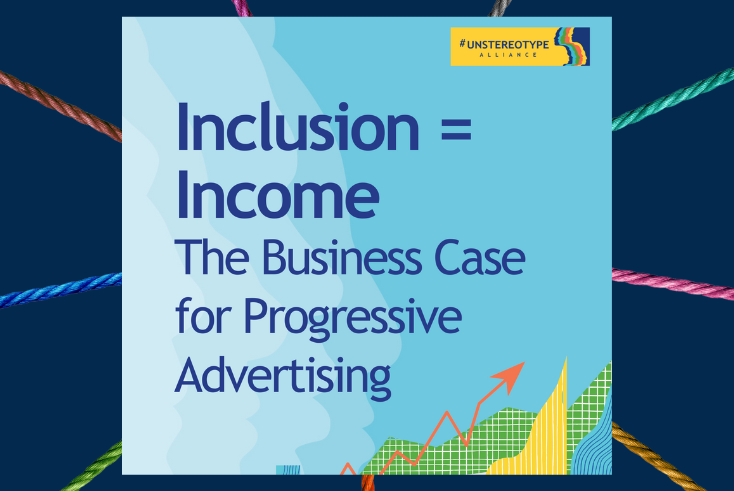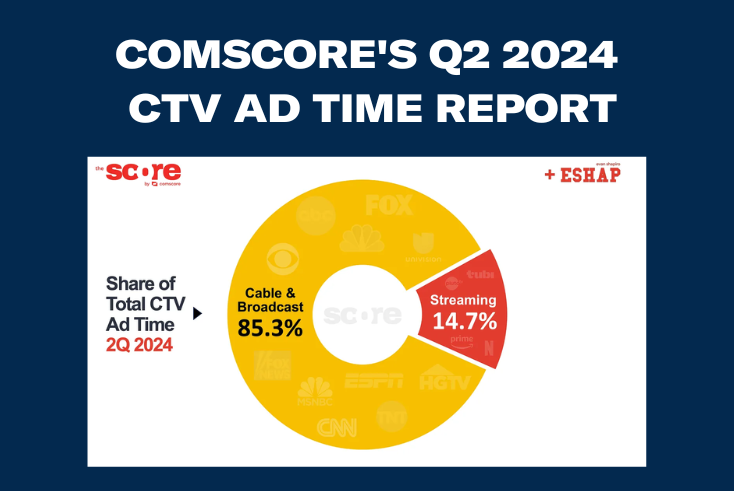Progressive marketing: A catalyst for brand growth and sales

The advertising industry has long debated whether progressive, inclusive marketing can directly impact business growth. A recent study, “Inclusion = Income: The Business Case for Progressive Advertising,” conducted by the Unstereotype Alliance in partnership with Oxford University’s Saïd Business School, provides a clear answer: inclusive advertising not only improves brand perception but also drives significant sales performance.
Progressive advertising drives significant sales impacts
The study offers compelling evidence that brands incorporating more progressive portrayals in their advertising perform better commercially than those using less inclusive messaging. According to the analysis, brands with higher scores in progressive advertising indicators saw an immediate short-term sales uplift of 3.46%. The impact was even more profound in the long term, with a 16.26% increase in direct sales compared to less progressive ads. This direct link between progressive marketing and sales growth underscores the business case for moving away from stereotypical portrayals in advertising.
Brand equity: a multiplying impact
In addition to sales performance, the study found that progressive advertising significantly enhances brand equity. Brands that scored highly on progressive advertising indicators were found to be 9.8% more ‘meaningful’ and 11.8% more ‘different,’ as measured by Kantar BrandZ, two key drivers of brand strength. Furthermore, customer loyalty for brands with more inclusive advertising was 1.29 times higher, purchase consideration was 1.43 times higher, and pricing power increased by 1.52 times compared to those using traditional, less progressive advertising.
This improved brand equity has a multiplying effect, leading to longer-term commercial benefits. Strong brand equity helps protect companies from economic downturns and market fluctuations, positioning progressive advertising as a strategic investment for sustained growth. By authentically and positively portraying a diverse range of individuals, brands can secure a stronger place in consumers’ preferences and boost future sales figures.
Building progressive advertising into commercial strategies
The Unstereotype Alliance’s study reinforces the idea that progressive advertising must be seen as an essential component of corporate strategy. Brands are intangible corporate assets, and their value is enhanced when they reflect inclusivity and diversity. When advertising authentically portrays people devoid of harmful stereotypes, it not only meets societal expectations but also builds brand equity and provides a marketplace edge.
These findings add significant weight to the Unstereotype Alliance’s mission to eliminate harmful stereotypes in advertising. Since its launch in 2017, the Alliance has worked to promote more inclusive advertising practices, and this study’s results demonstrate that these efforts are not just socially responsible but also commercially advantageous.
Methodology
The study analyzed advertising and sales data from 392 brands across 58 countries over four years (2020-2023) in categories like consumer health, snacks, beverages, and pet care. Data was sourced from Unstereotype Alliance members, including Bayer, Diageo, Mars, Kantar, Mondelēz, and Unilever. The research used Gender Unstereotype Metrics (measured by Kantar) and the Geena Davis Institute’s gender representation metrics to assess the progressiveness of brand advertising over time and markets. Tests then compared the commercial performance of brands with high Unstereotype Metric scores against those with lower scores using data from Kantar BrandZ, NielsenIQ, and Kantar Worldpanel.

The study’s initial findings were unveiled at Cannes Lions 2024 where Sara Denby , Head of the Unstereotype Alliance Secretariat, told the Mainstage audience: “Progressive advertising works for society, and it works for the bottom line.” The full report is set for release on September 17, positioning it as the industry’s first comprehensive business case for inclusive advertising.

À lire plus tard
Vous devez être inscrit pour ajouter cet article à votre liste de lecture
S'inscrire Déjà inscrit ? Connectez-vous









